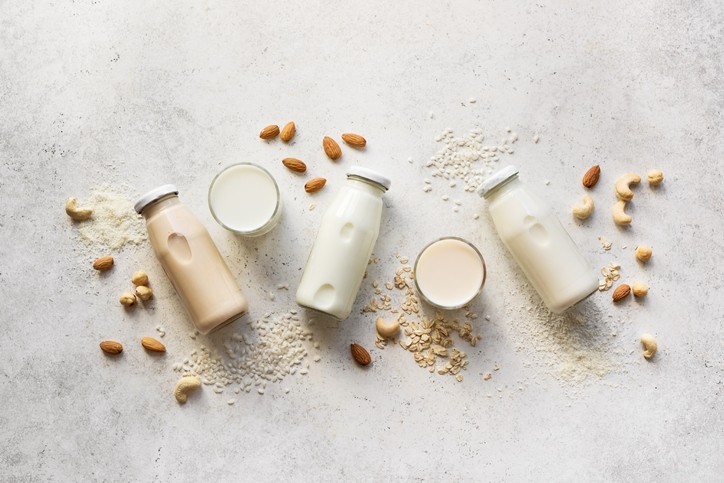Kingdom Supercultures raises $25m to expand Non GMO suite of microbes to unlock new flavors, textures, and functionalities in food & beverage

While plenty of established companies have expertise in cultures for use in products such as yogurt and beer, Kingdom Supercultures is deploying computational biology to interrogate a vast database of microorganisms (yeast, bacteria, fungi etc) to identify combinations of microbes that will deliver specific functional or nutritional benefits, chief science officer Ravi Sheth told FoodNavigator-USA.
While the microbes may help improve the nutritional profile of certain products – for example by enabling the production of kombuchas with less sugar - Kingdom Supercultures is not really a ‘probiotics’ company, he stressed.
Nor is it a synthetic biology or precision fermentation company that’s genetically engineering microbes to produce target proteins or other compounds and then engaging in complex downstream extraction and purification processes, explained Sheth. The combinations of cultures themselves – which are all Non-GMO – are the ingredients it plans to sell.
“We’re taking cultures already found in nature and combining them into specific novel combinations, and so we don't actually have to use any genetic engineering.”
‘Specific cultures, in very specific ratios, that lead to emergent functionalities’
He added: “Only in the last few years or so has it been possible to sequence these foodborne microorganisms, identify them, and predict their metabolic functionality, and so we've been able to leverage technologies from only the last couple of years, and build a biobank containing tens of thousands of microorganisms that are much broader in diversity than the kind of culture collections these legacy companies have.
“The second thing we bring is the computation and data science capability, so we’re mining this data and using a number of novel algorithms and approaches we have internally to narrow down this design space and get to very specific cultures, in very specific ratios, that lead to these emergent functionalities,” he explained.
“We look at these almost like Lego building blocks, which we can rearrange into different combinations, and then create a community of them that delivers an emergent functionality that the individual strains don't have. It’s like one plus one equals three.”
‘Active R&D work with some of the largest most innovative CPG companies’
Kingdom Supercultures has two main types of products, added Sheth, who said the firm is in “active R&D work with some of the largest most innovative CPG companies... and some of these projects are pretty late stage.
“The first product type is starter cultures that can be used for things like plant based yogurts, cheeses, beers and wines. The second type is bioactives or other functional ingredients that can act as preservatives or elicit some sort of functional impact on the microbiome, exert nutritional benefits.
If you want to describe what the company does in a nutshell, he added: “It took our ancestors hundreds of thousands of years to discover that hey, if I leave milk out it turns into yogurt or if I leave sugar tea out it turns into kombucha, what we can do is rationally design that process.”
* This follows a $3.5M seed round with participation from Sequoia, Y-Combinator, Lakehouse Ventures, and Brand Foundry Ventures in 2020.













